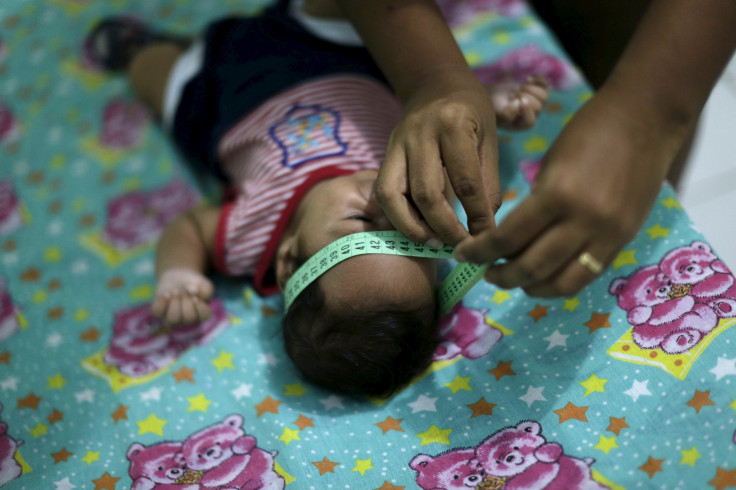Zika virus prevention: Experts offer advice on preventing Zika virus spread in the west

The World Health Organisation (WHO) declared on Monday that the Zika virus outbreak is a global emergency. At the same time, the WHO reiterated the recommendation of the US Centers for Disease Control and Prevention (CDC) for pregnant women to delay travelling to Zika-affected areas.
Several senior health experts claimed in a WHO meeting that the Zika virus outbreak is capable of becoming a bigger global health threat than the Ebola epidemic, which killed more than 11,000 people in Africa. Australia too is bracing for a potential Zika outbreak.
An article published in Annals of Internal Medicine offers advice for preventing the Zika spread in the west, especially for pregnant and breastfeeding women. The Zika virus is associated with microcephaly in babies.
People have been advised to use mosquito repellents that contain picaridin, DEET, or IR3535. All of these have been permitted to be used by people in the West. Patients, who are reporting rash, fever, myalgia, and arthralgia after travelling to the Caribbean or Central and South America, must be carefully examined by health experts. This is because Aedes mosquitoes can spread dengue and chikungunya infections apart from Zika.
In another educational article published, experts have debated on the need for periodic health exams, also known as the annual physical. The Society of General Internal Medicine (SGIM) and the American Board of Internal Medicine (ABIM) Foundation, both consider these annual physicals as examples of low value care that physicians and patients must question, writes EurekAlert.
Apart from Zika prevention, other articles in the Annals of Internal Medicine talk about various other vaccines, including HIV and immunisation. The Advisory Committee on Immunisation Practices (ACIP) has released its 2016 Recommended Immunisation Schedule for adults. There are major changes to the human papillomavirus (HPV), pneumococcal, and meningococcal (MenB) vaccines.
A randomised trial published in Annals of Internal Medicine indicates that two novel vaccines for prevention of HIV-1 have produced significant immune response in healthy adults without HIV infection.
Dr Jeremy Farra, director of Wellcome Trust in UK, points out that besides putting in place emergency responses, there must be permanent reforms, health systems that are strengthening and proactive research agenda so that the global health system would be more resilient to threats of future pandemics.





















